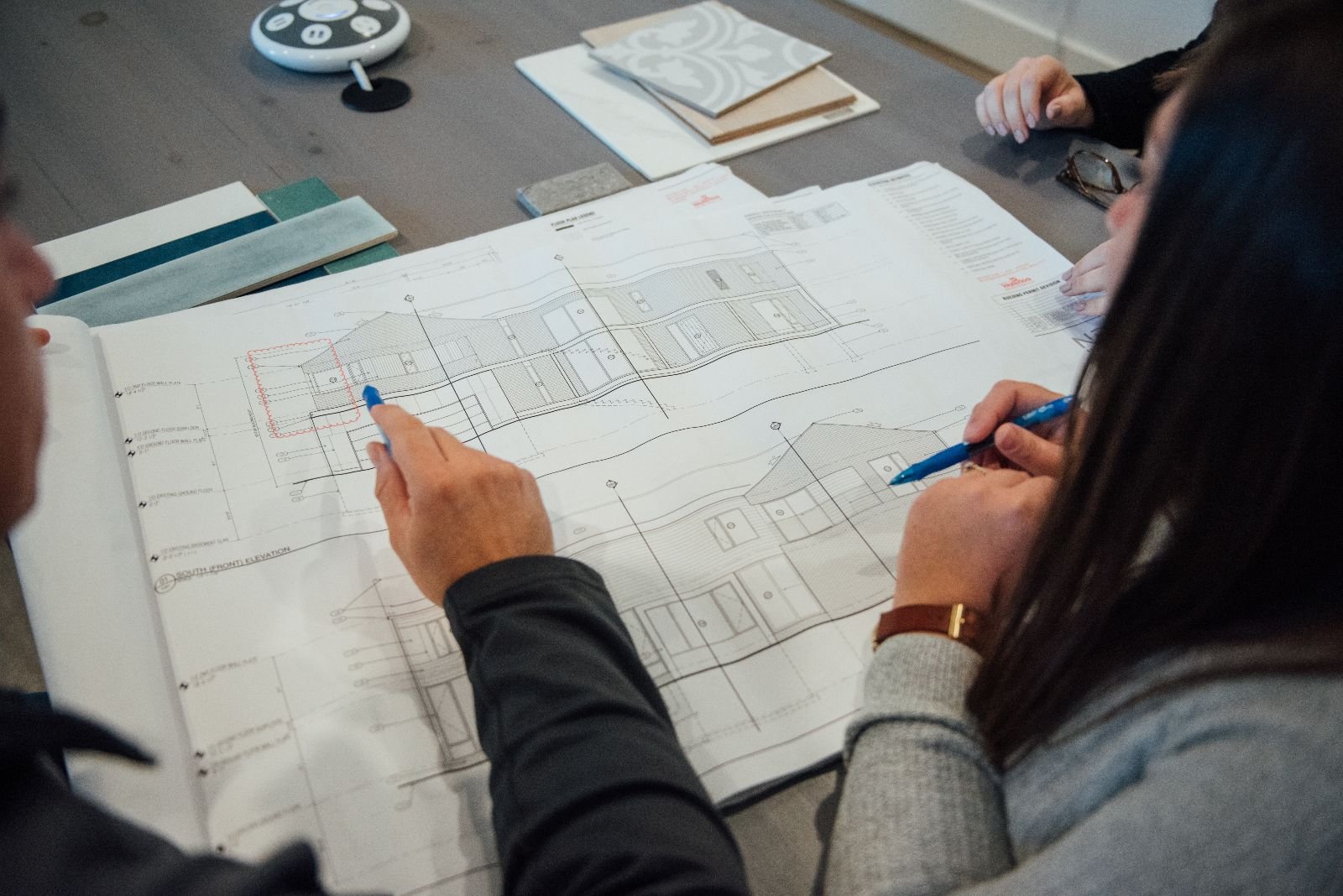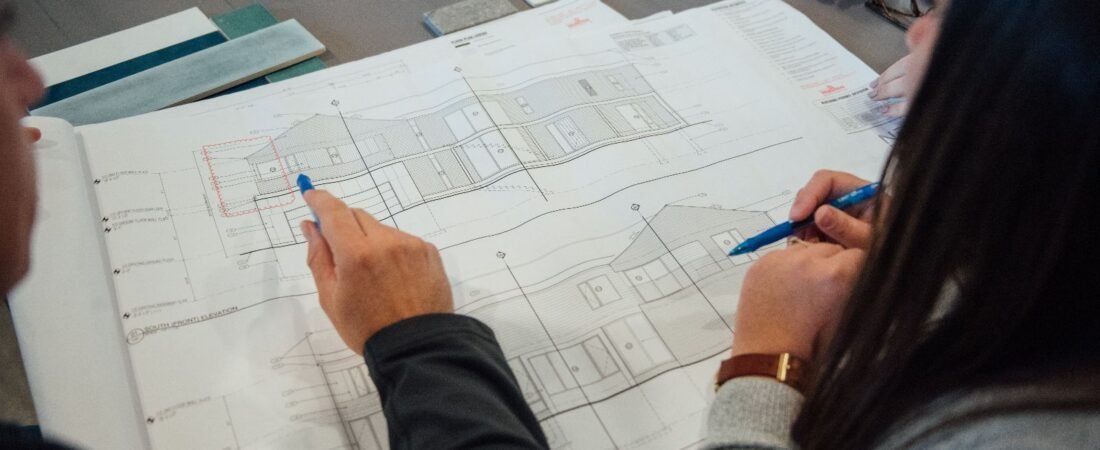
Professional home renovation contractor discussing plans with homeowner
1. Research and Shortlist Potential Contractors
The first step in finding reliable home renovation contractors is research. Take time to gather names, reviews, and recommendations. Avoid rushing — choosing based only on price or convenience often leads to regret later.
Ask for Recommendations from Trusted Sources
Start with friends, family, or neighbors who have completed similar renovation projects. Word-of-mouth recommendations are invaluable because they reflect real experiences. You can also look up local listings on platforms like Yelp, Angi, or Houzz for verified reviews and ratings.
Check Licenses, Certifications, and Insurance
Always verify that the contractor holds valid licenses and insurance. This protects you against liability in case of property damage or accidents during the project. Certified contractors also follow professional standards that ensure long-term safety and quality.
Review Portfolios and Past Projects
Before contacting any contractor, explore their portfolio online. Look for examples of projects that match your desired style and scope. A strong portfolio should show variety — from modern kitchens to full home remodels — and include before-and-after images that highlight craftsmanship.

Example of contractor portfolio showing modern home renovation projects
2. Interview and Compare Multiple Contractors
Once you’ve narrowed down a few options, it’s time to talk. Treat the interview process like hiring an employee — you’re choosing someone to manage your money, your property, and your time.
Ask the Right Questions During Consultation
Prepare a list of questions about project timelines, subcontractors, materials, and warranties. A good contractor should answer transparently and show enthusiasm for your project. Ask how they handle unexpected challenges such as cost overruns or supply delays.
Get Detailed Written Estimates
Never settle for vague quotes. Request written estimates that break down labor, materials, and potential extras. This helps you compare costs fairly and avoid hidden fees. If one estimate seems unusually low, that’s often a red flag for cut corners or inexperience.
Pro Tip: Compare More Than Just Price
Cost matters, but it shouldn’t be the only deciding factor. Consider communication, reliability, and how well the contractor understands your vision. A slightly higher bid from a professional who listens carefully and communicates clearly often saves money in the long run.

Home renovation contractor explaining project estimate to homeowner
3. Finalize the Contract and Manage the Project
Once you’ve chosen your contractor, it’s crucial to formalize every detail in writing. Clear agreements protect both parties and prevent misunderstandings once work begins.
Review the Contract Carefully
The contract should include start and completion dates, payment schedules, warranty information, and detailed project specifications. Don’t hesitate to ask for revisions or clarifications — reputable home renovation contractors will appreciate your diligence.
Stay Involved Throughout the Project
Regular communication helps keep everything on track. Set up weekly check-ins to discuss progress, resolve small issues early, and ensure the design aligns with your vision. Good contractors welcome client involvement and feedback.
Plan for Final Inspection and Follow-Up
Before making the final payment, walk through the completed project with your contractor. Inspect details like finish quality, fixture placement, and paint consistency. Address any issues immediately and ensure they’re corrected before signing off on completion.

Home renovation contractor and homeowner inspecting completed remodel project





